Curiosity – we often think of it as something innate, a trait you’re either born with or without. But what if I told you curiosity is more like meditation, a practice that can be honed and developed? Join me as we dive into the extraordinary world of curiosity, exploring how it can be cultivated, challenged, and used to enrich every aspect of our lives.
3 Situations to Practice Curiosity
- Learning Something New: When I explore new subjects and ideas, curiosity guides me to understand different perspectives and trying new things, even when I’m outside my comfort zone.
- Not Having Expectations Met: Life has taught me that things don’t always go as planned. When this happens, practicing curiosity helps me be open to things I didn’t expect.
- Disagreeing with Someone: I’ve found that disagreements can be hard, but they are also opportunities to learn. By practicing curiosity, I’ve been able to listen deeply and wholly, build relationships and foster clear communication.
Two Essential Questions I Ask Myself
In my journey of practicing curiosity, I’ve come to realize that two questions consistently guide my thinking and interactions. These questions are foundational principles that shape my approach to learning, communication, and relationship-building.
- Do I want them to learn from me? Do I want them to be open to changing their mind to what I have to say?
- This question challenges me to consider my intentions in a conversation or debate. Am I seeking to impose my views, or am I genuinely interested in fostering understanding? It reminds me that true dialogue requires openness and a willingness to influence and be influenced.
- Am I willing to learn from them? Am I open to possibly changing my mind based on what they have to say?
- This second question is a mirror to the first, turning the focus inward. It prompts me to reflect on my own openness and willingness to learn from others. Am I entering a conversation with a fixed mindset, or am I prepared to grow and change my views based on new insights?
Why These Questions Matter
These questions are more than just rhetorical; they are tools for self-awareness and growth. They encourage me to:
- Embrace Humility: Recognizing that I don’t have all the answers and that others may offer valuable perspectives.
- Foster Genuine Dialogue: Creating a space where ideas can be shared and explored without judgment or defensiveness.
- Cultivate Empathy: Understanding others’ viewpoints, even if I disagree, and finding common ground.
- Enhance Learning: Opening myself to new ideas and allowing them to challenge and enrich my thinking.
By continually asking myself these questions, I’ve been able to deepen my practice of curiosity, engage more meaningfully with others, and enhance my personal and professional relationships. They are a compass that guides me towards a more thoughtful, empathetic, and curious way of living.
3 Elements I Focus on When Practicing Curiosity
- Self-awareness: Understanding my feelings, thoughts, and patterns has been the first step towards cultivating curiosity.
- Relationship Building: Connecting with others and letting them get curious about me has fostered a sense of community and shared learning.
- Clear Communication: Listening to understand, asking questions when I don’t understand, and sharing my own specific examples and stories. Asking questions with curiosity and listening actively has helped me explore new ideas and understand different viewpoints.
Conclusion
Practicing curiosity is not just a skill; it’s a way of life for me. It’s about being open to change, exploring new ideas, and building relationships. I also admit that there are times when I don’t practice curiosity because it can be so difficult and my emotions get in the way. I hope my insights into practicing curiosity can be a guide to anyone looking to enhance their personal and professional life.

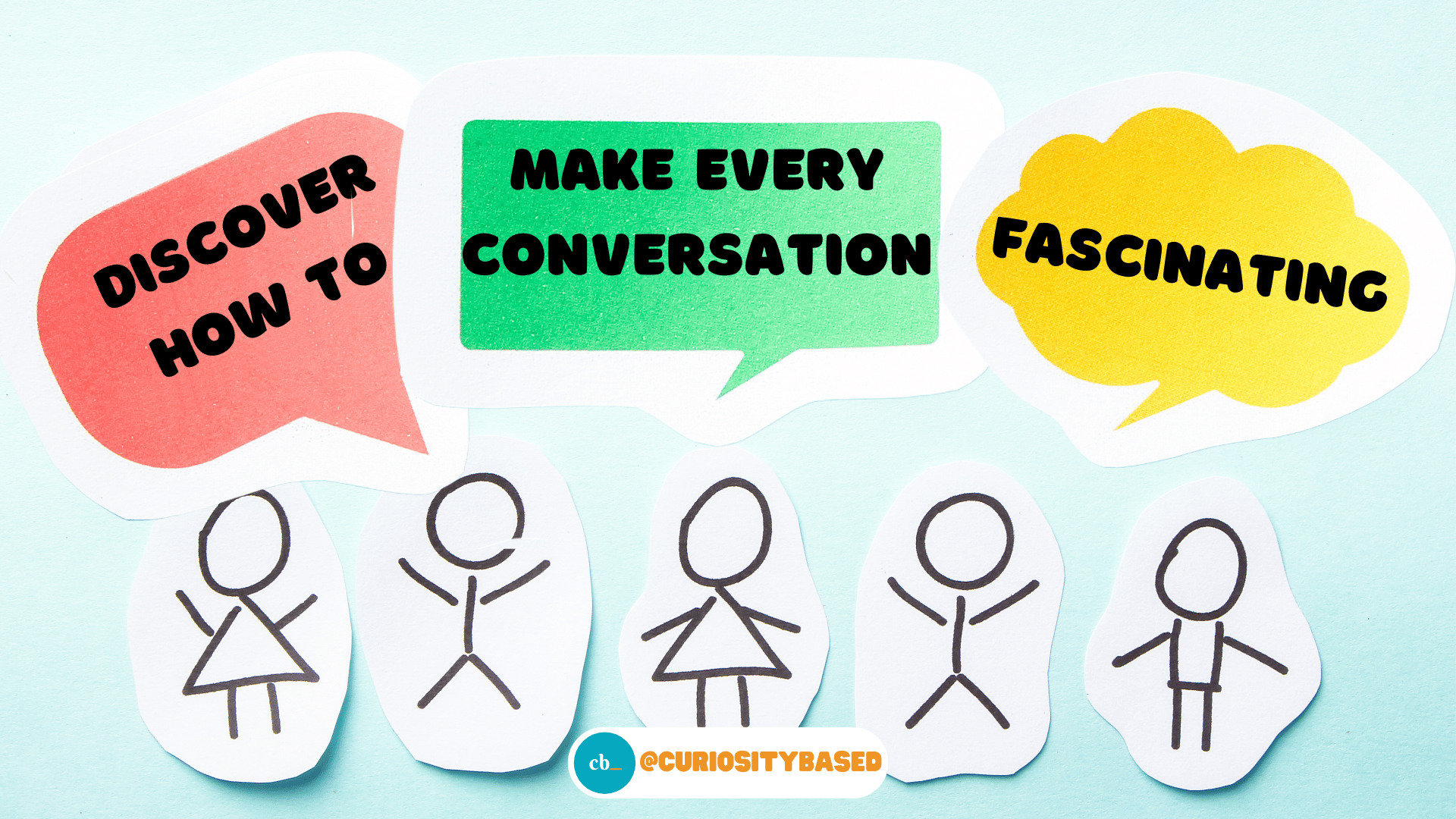
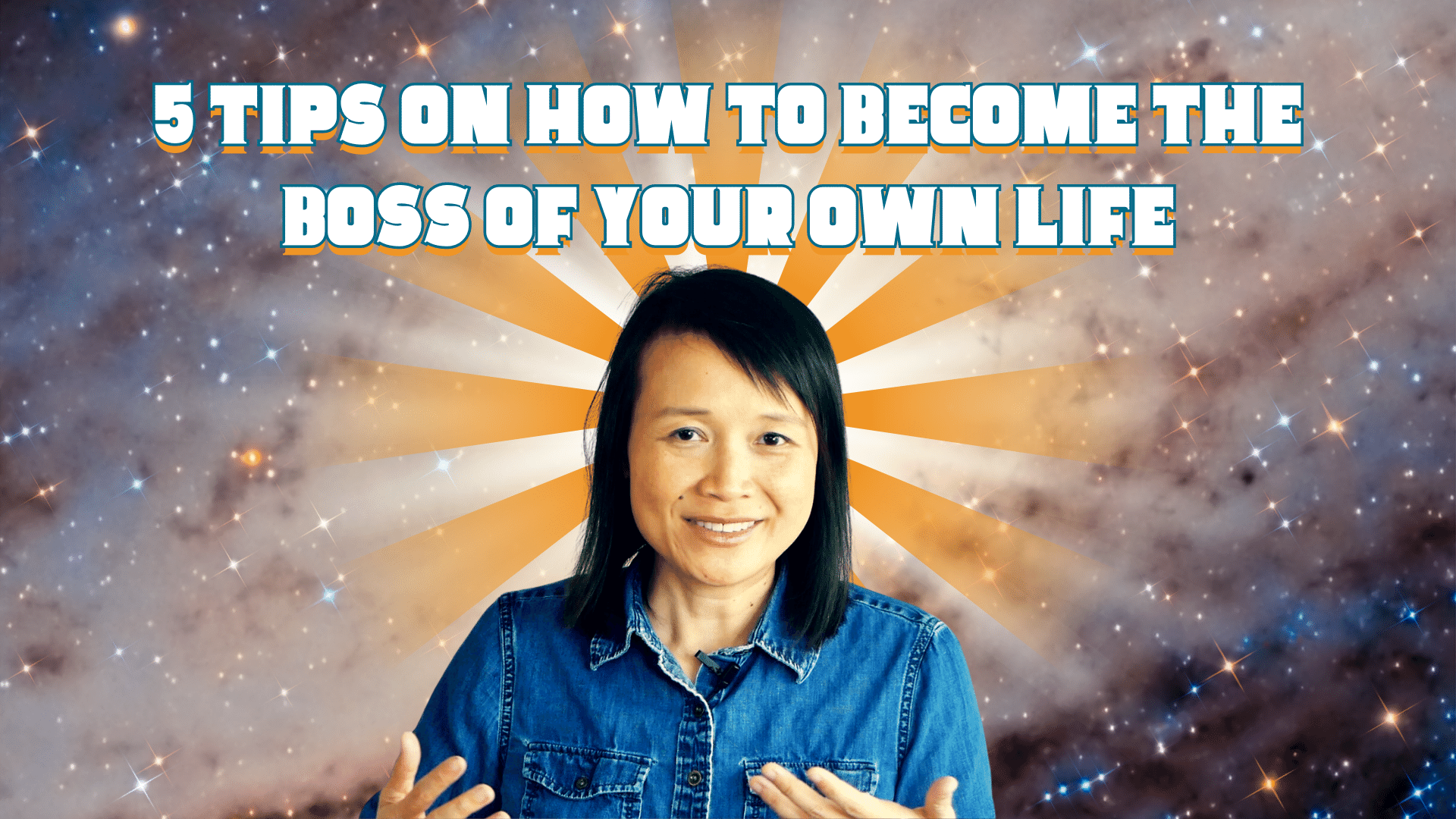
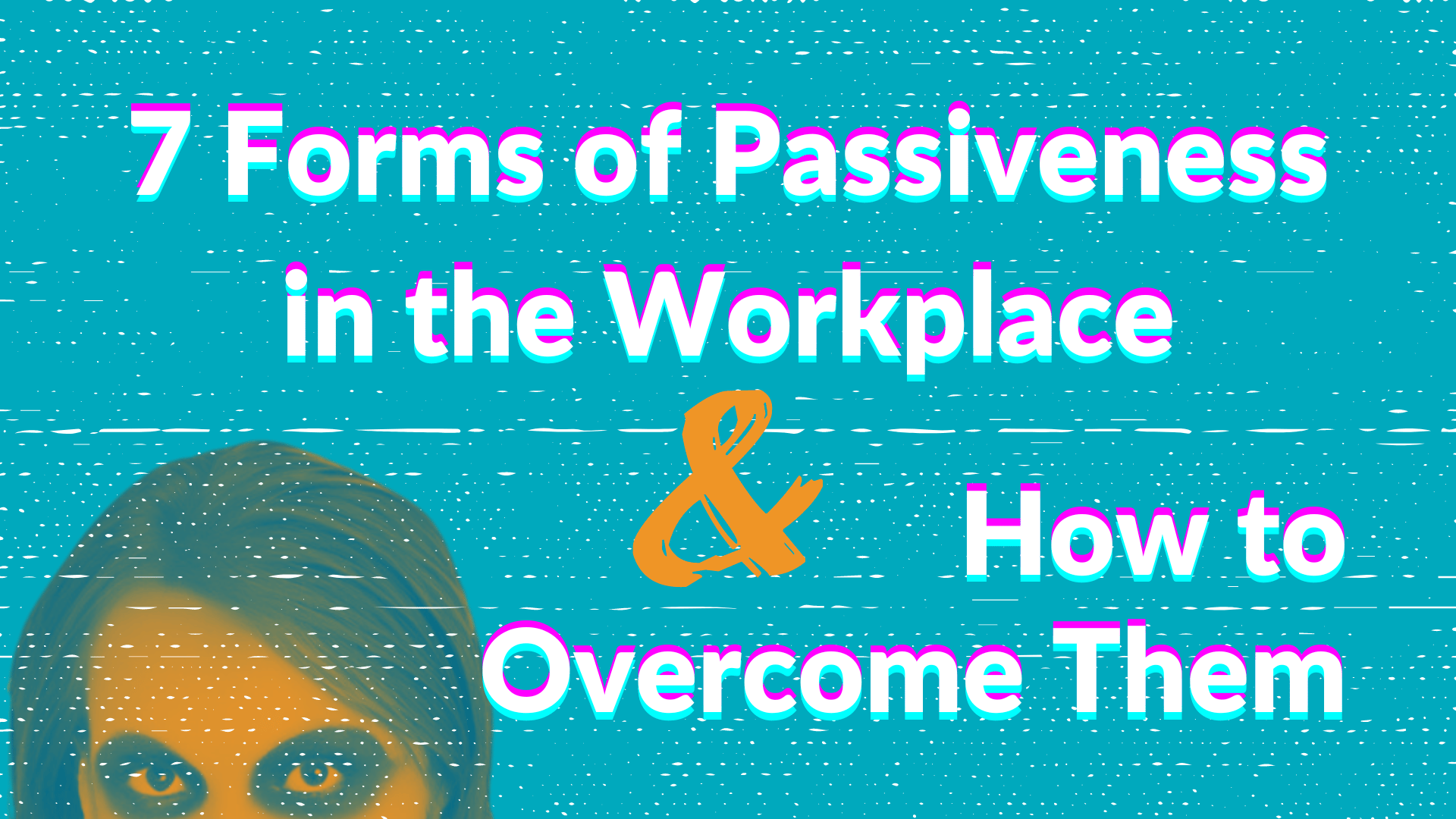
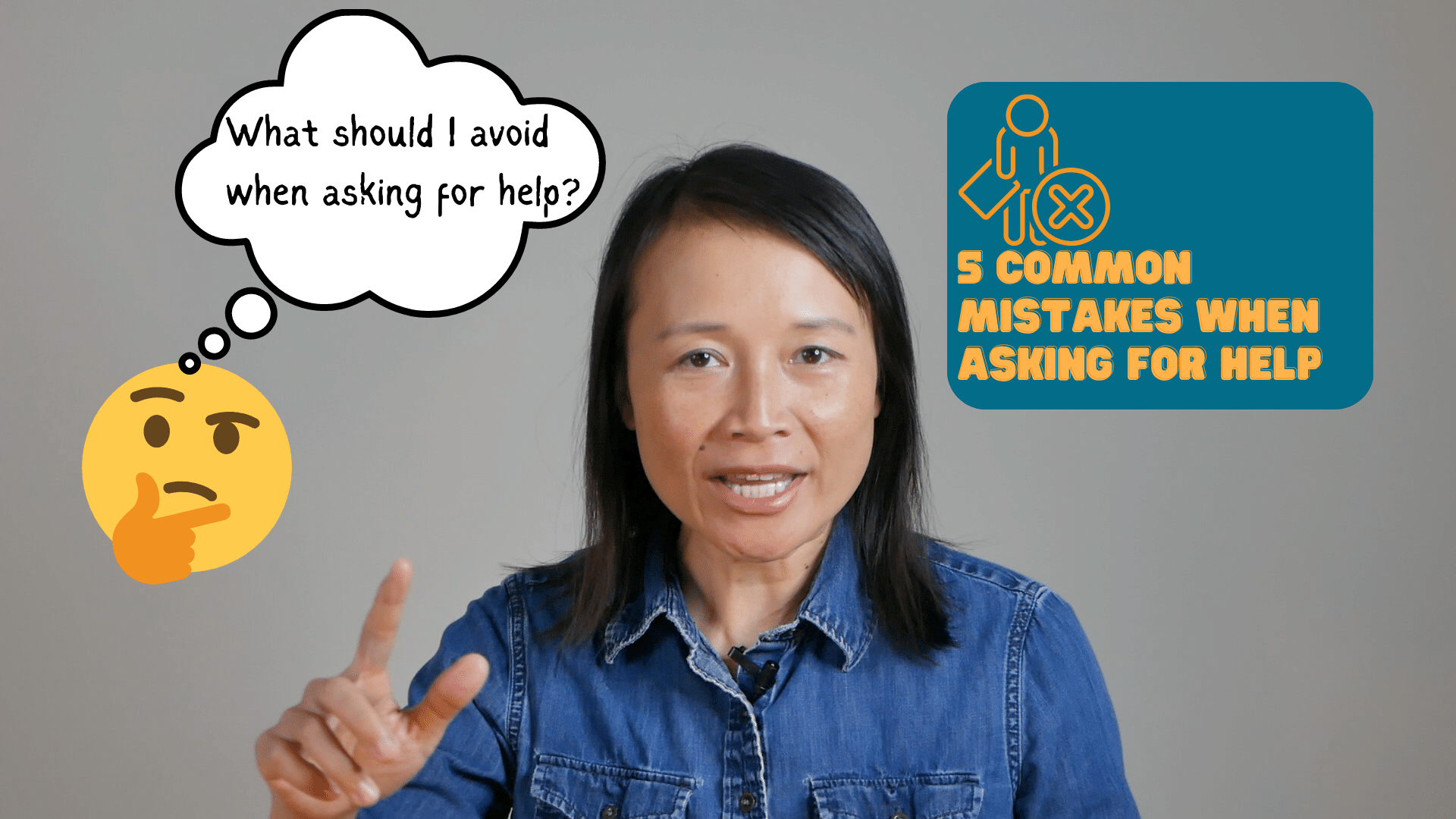


Leave a Reply